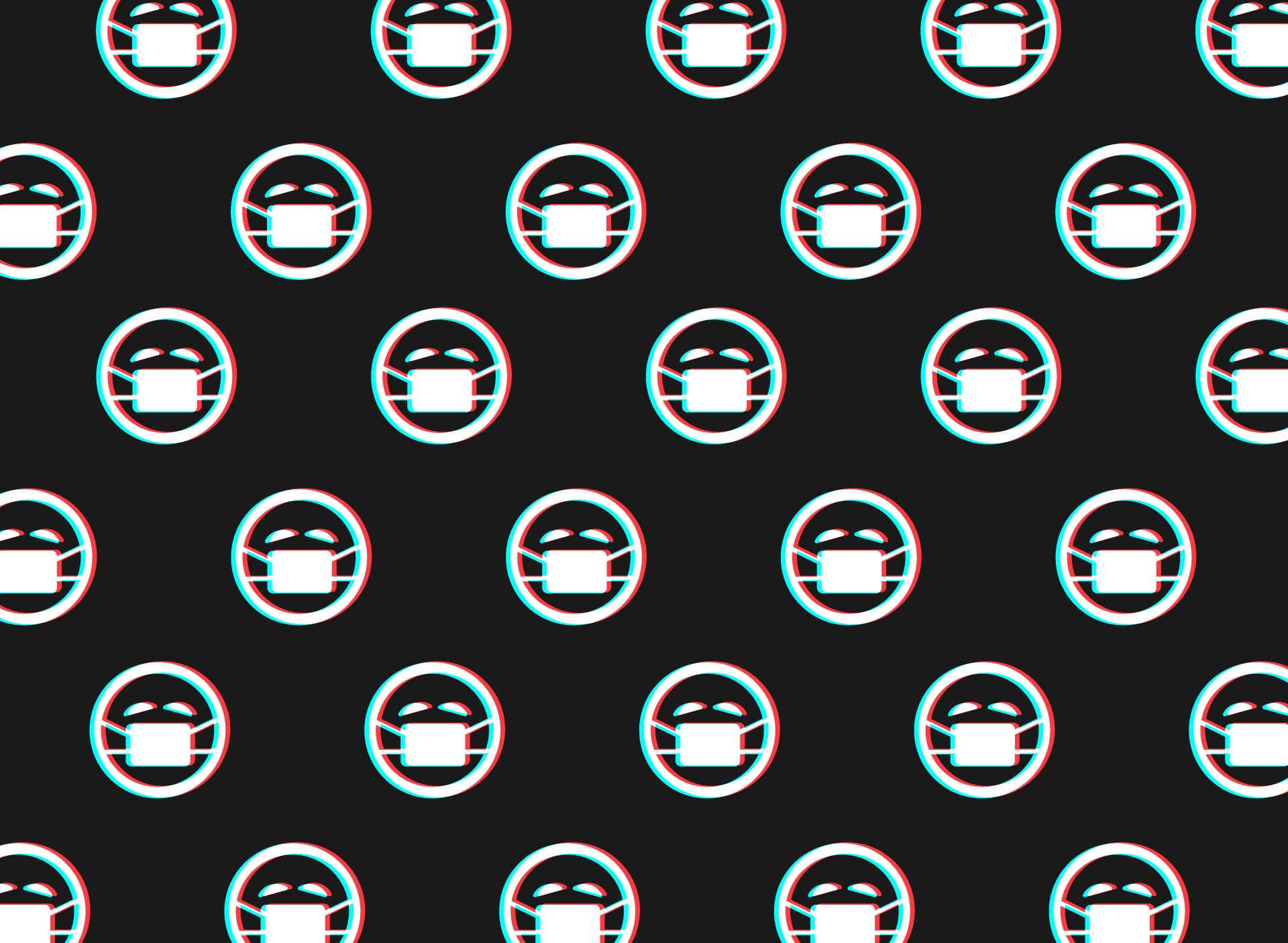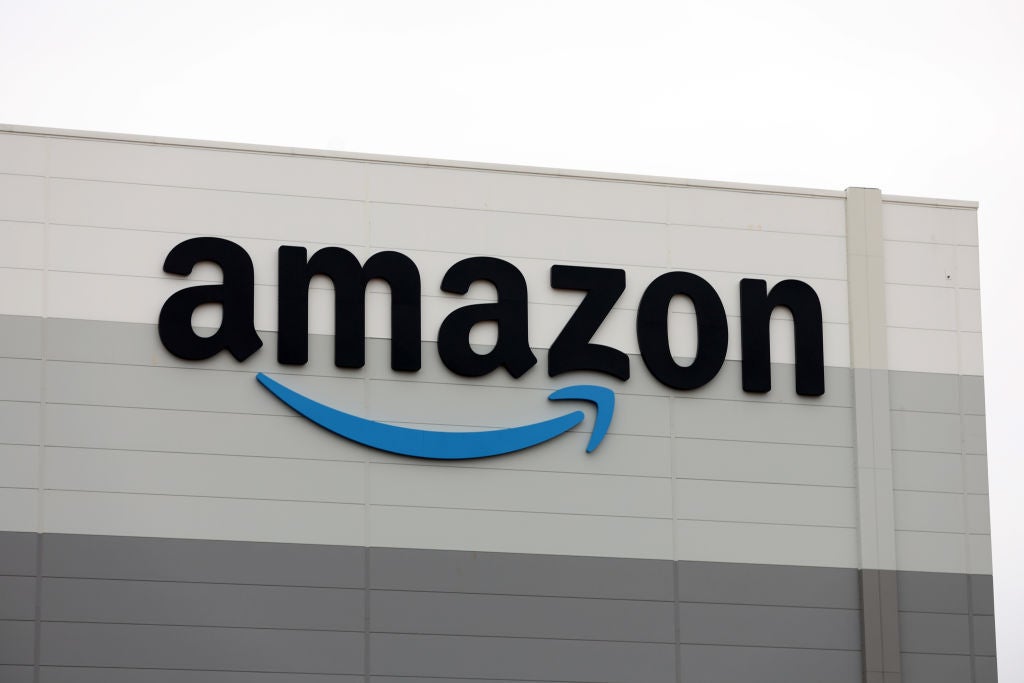
Underground shops located on the dark web are feeling the pinch of the coronavirus pandemic, with sellers of illegal goods facing supply chain disruptions and restrictions on their employees.
The dark web, which is part of the deep web and accessible only through specific software or configurations, is host to marketplaces that trade items such as drugs, firearms and malware.
But the pandemic has caused disruption to these supply chains in much the same way as legitimate stores have faced interruptions and empty shelves.
Trustwave, an information security firm, has observed dark web shops posting coronavirus updates to reassure customers and ask for patience if deliveries take longer.
“Yes, I’m still shipping. No, you won’t catch Covid-19 from eating dried mushrooms,” reads one dark web shop coronavirus update. “The WHO [World Health Organization] says receiving packages in the mail does not pose a risk of infection.”
Other pandemic updates use Covid-19 as “an opportunity to advertise the advantages, reliability and customer care in product promotion”, Trustwave noted in a blog post.
How well do you really know your competitors?
Access the most comprehensive Company Profiles on the market, powered by GlobalData. Save hours of research. Gain competitive edge.

Thank you!
Your download email will arrive shortly
Not ready to buy yet? Download a free sample
We are confident about the unique quality of our Company Profiles. However, we want you to make the most beneficial decision for your business, so we offer a free sample that you can download by submitting the below form
By GlobalDataSome underground shops have temporarily suspended business due to the pandemic.
“These sort of changes have been happening in a variety of underground businesses. Same as businesses above ground, underground businesses are having to adapt to this new reality,” says Trustwave.

Skurio, a London-based security firm that provides software to scan the dark web for firm’s compromised data, has made similar observations of dark web activity during the coronavirus pandemic. For example, it has seen the addition of testing kits at “wildly inflated prices”.
“Illegal dark web markets operate much like eBay and are heavily reliant on seller reputation and positive feedback,” says John Evans, intelligence analyst at Skurio. “As such, they have been faced with similar challenges to their operating environment, in terms of logistics, and have been forced to take steps to reassure their customers.”
Snake oil pivot
Unsurprisingly, dark web shops have been selling medical supplies such as face masks and hand sanitisers. These have appeared on “the same virtual shelves where drugs and other illegal goods are often up for sale” notes Trustwave.
Alongside seemingly legitimate items, dark web traders have been listing “Covid-19 vaccines”. These appear with unconvincing stories and pressure people to buy by claiming that supplies of the bogus vaccine are running low.
One fake vaccine peddler, who claimed to have access to a lab producing a vaccine, asked for the Bitcoin equivalent of $5,000 because it was a “fair” price. The same seller offered a separate fake cure for $25,000 because “life is not cheap”.
There is no current vaccine available for Covid-19 and scientists warn it is unlikely one will be available this year.
Coronavirus scams rife on dark web
Cybercriminals have also been capitalising on coronavirus chaos to push out Covid-themed scams, malware and phishing attacks.
“As soon as the pandemic started we have seen a sharp increase in Covid-19 related scams being offered,” says Etay Maor, CSO at threat intelligence company IntSights. “Soon after followed a more sophisticated offering of phishing and malware attacks that used Covid-19 themed emails and websites as their delivery methods.”
IntSights has seen a “significant increase” in infected computers being sold in dark web marketplaces to be used as part of botnets, which can be used by hackers to carry out cyberattacks such as a distributed denial-of-service attack.
“One such market we are researching has more than doubled the number of offerings in less than four months,” says Maor.
The dark web’s nuance
Deep web forums – non-indexed pages – often have a negative stigma because of their association with the dark web.
But the deep web is also used by privacy advocates and those living in countries where the internet is censored.
“It is important to note the dark web was specifically designed to provide freedom of information in oppressed countries and features many legal websites and means of trading goods,” said Evans.
“Short-term, reactionary restrictions imposed by governments (such as the current prohibition on alcohol and cigarettes and alcohol in South Africa) could possibly lead to a rise in use of dark web markets for goods which are otherwise unavailable.”
Reflecting the human nuances of the open web, many deep web users posted that it was unethical to take advantage of the pandemic for financial gain. Forum members have also been sharing sources for free online courses, exhibitions and libraries to keep spirits up.
“Whilst these channels are used for planning criminal acts, they are often used by a very close-knit group of individuals who trust each other, so their concerns in the context of covid-19 are no different to anyone else’s,” said Evans.
Others also showed fears about the safety of the deep web during the pandemic.
“Could something happening on earth’s surface, and not sattelites [sic] (like Covid-19) takes down deep web earlier than common internet?” wrote one poster.
“Beyond the usual advice of paying attention to suspicious emails, attachments and URLs, it’s important that we remember to look at information posted online with a critical eye,” notes Trustwave.
“Look for updates provided through official sources, visit websites directly to find what their services are doing in regards to covid-19, and, as we often repeat: If something seems too good to be true, it probably is.”
Read more: Dark web recruitment: In the web’s lawless underbelly, there are still rules






